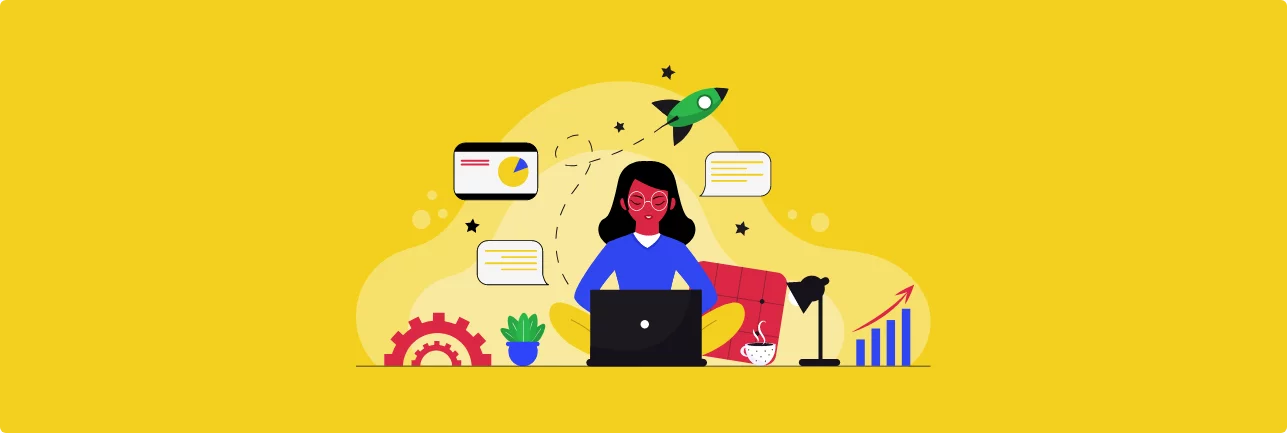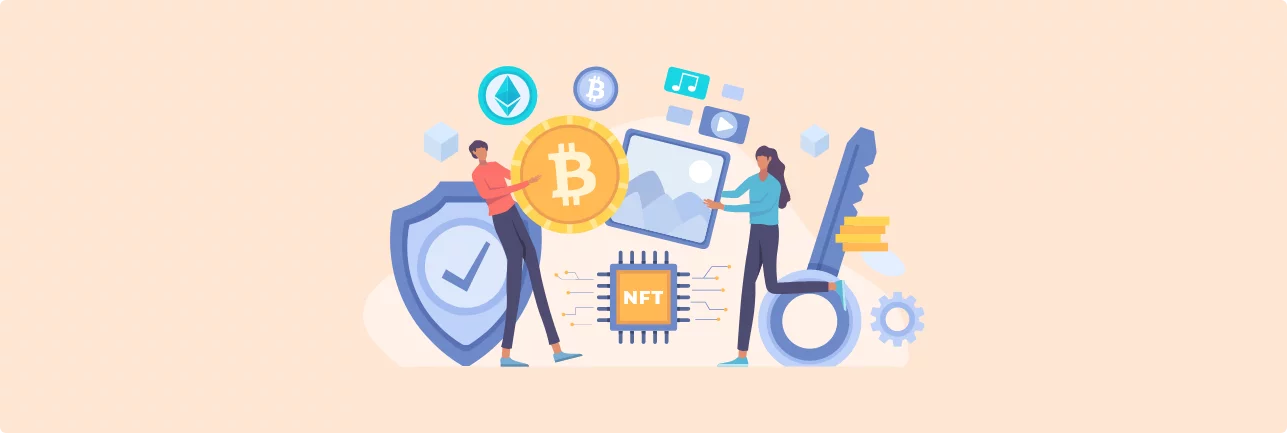The startup ecosystem is growing, and new-age entrepreneurs are finding their footing in the SaaS (Software As A Service) market. This $152 billion SaaS ecosystem is estimated to grow at a CAGR of 27.5% during the 2021-2028 period.
Surprisingly, around 90% of the web was created in the last two years. The business world will continue to be jolted by a massive information influx, and SaaS will help streamlining complexities. With the ever-growing need to do more at any given time, SaaS ventures are moving from the fringe to the mainstream.
The new-age and visionary founders are moving towards SaaS because it is the fastest way to reach the masses. So let’s understand why innovative business minds focus on growing the SAAS business ecosystem.
Enablement to reach both B2B and B2C:
Compared to conventional development, SAAS product engineering is flexible, and it empowers entrepreneurs to target both B2B and B2C. In addition, SaaS ventures have a unique advantage of direct access to the end customer. Therefore, it is more of a need for bootstrapped startups as they have to focus on generating maximum value with every customer interaction.
The beauty of the SaaS model is that it can cater to customers across the globe. As a result, innovative founders can gain access to markets that were previously out of their reach, allowing them to scale and optimize operations as they go along rapidly.
73% of global businesses wish to migrate from the legacy systems:
There is a massive opportunity in the SaaS market as most businesses are still running on legacy systems. A study conducted by the Entrepreneur website revealed that nearly 73% of the respondents want to migrate from their existing software to a more modern system.
The key reason for this shift is that new-age entrepreneurs want to be future-ready and customer-ready to cater to all requirements before anyone else. With such a massive opportunity, it’s obvious why SAAS application development startups are rising.
Uninterrupted scalability:
In this venture capitalist and angel investment-centric world, entrepreneurs need to showcase their ability to grow overnight. Traditional businesses take years to show substantial growth, and the opportunity might have already passed by then.
SaaS ventures don’t have that problem as they can be scaled much faster. SaaS startups can grow unprecedentedly with a focus on customer acquisition and engagement from Day 1. It makes a SAAS development company more eligible for investments than others.
The best thing about uninterrupted scalability is that it doesn’t require substantial upfront. With the right team in place and some elbow grease, SaaS startups can quickly scale up without burning a hole in their pockets.
The cost of customer acquisition is dipping:
A lot has been said about the cost of customer acquisition, but not many people know that it is decreasing. With new marketing channels and better sales intelligence tools, entrepreneurs can now reach out to their audience at a fraction of the cost.
Moreover, the increased adoption of SaaS products among customers is growing; it has made it easier for founders to acquire new customers. Word-of-mouth marketing is also helping them to lower their customer acquisition costs.
Wrapping up!
With the advent of innovative technologies and marketing channels, founders find new ways to reach their target audience and scale up quickly. In the upcoming time, the SaaS ecosystem will dominate the startup world.






